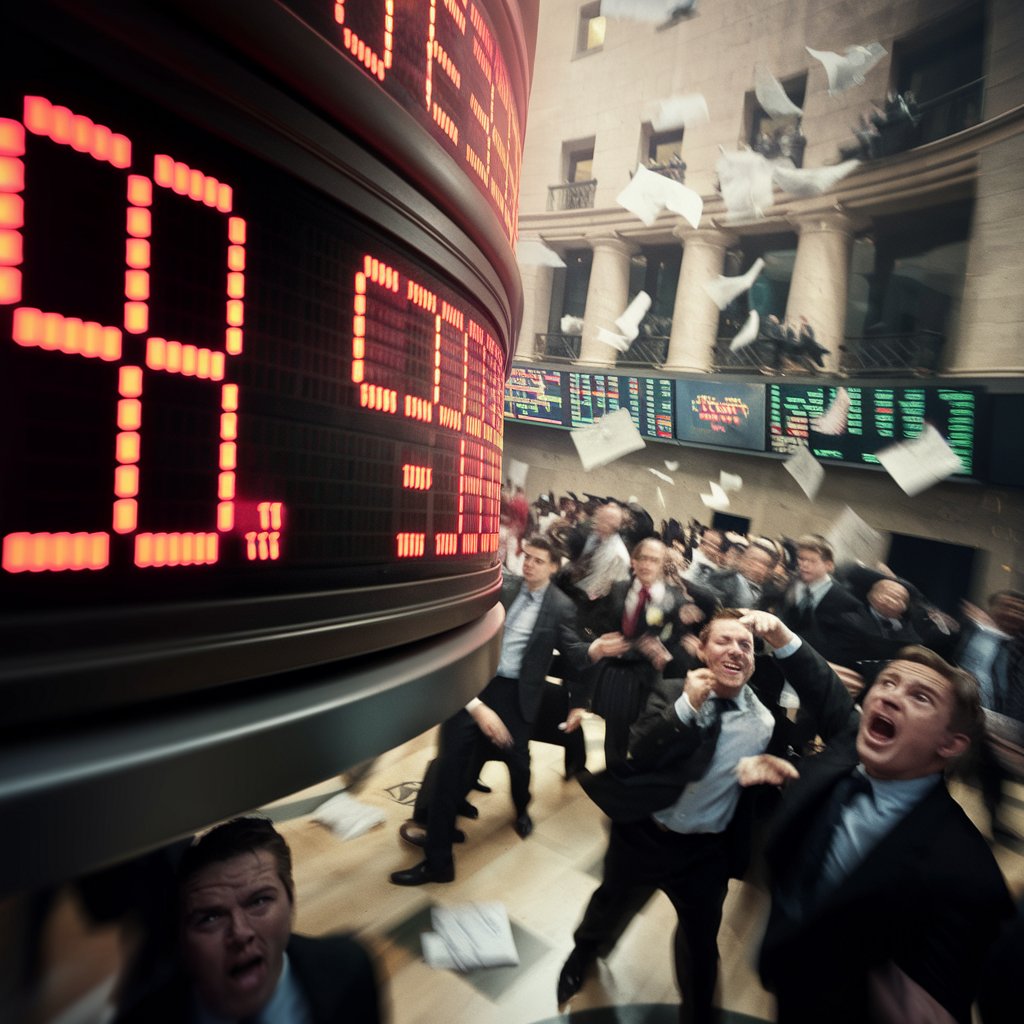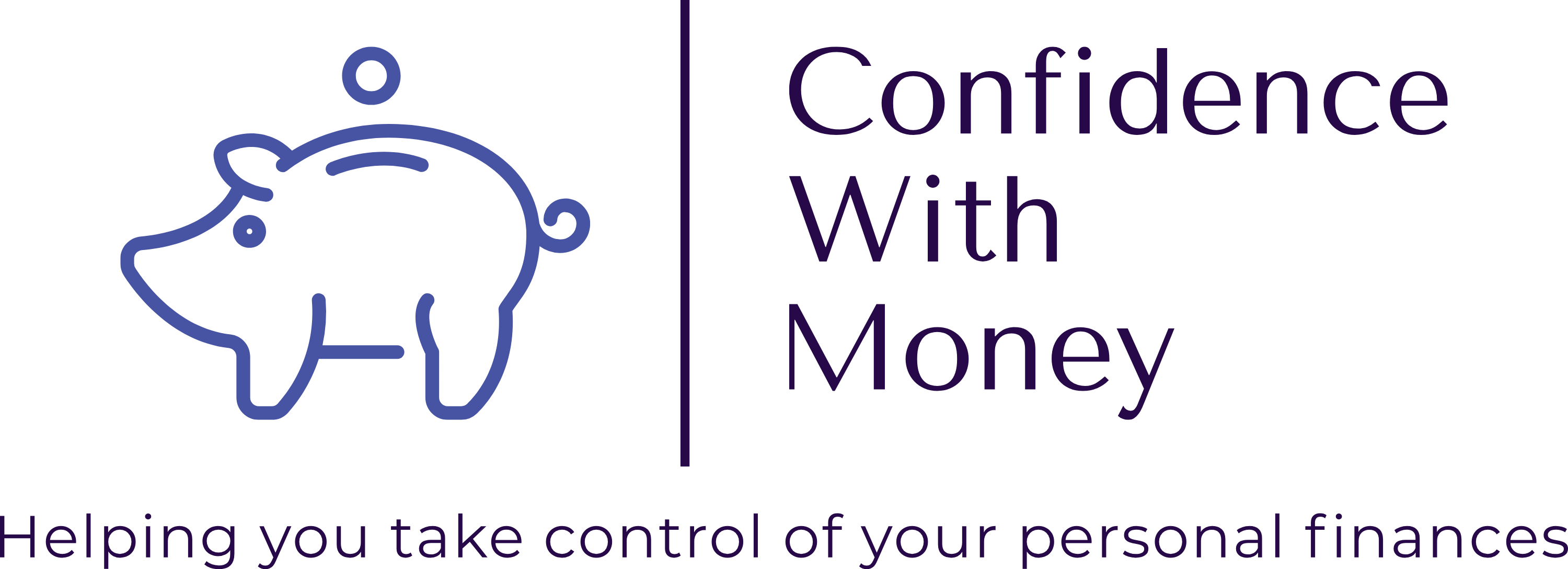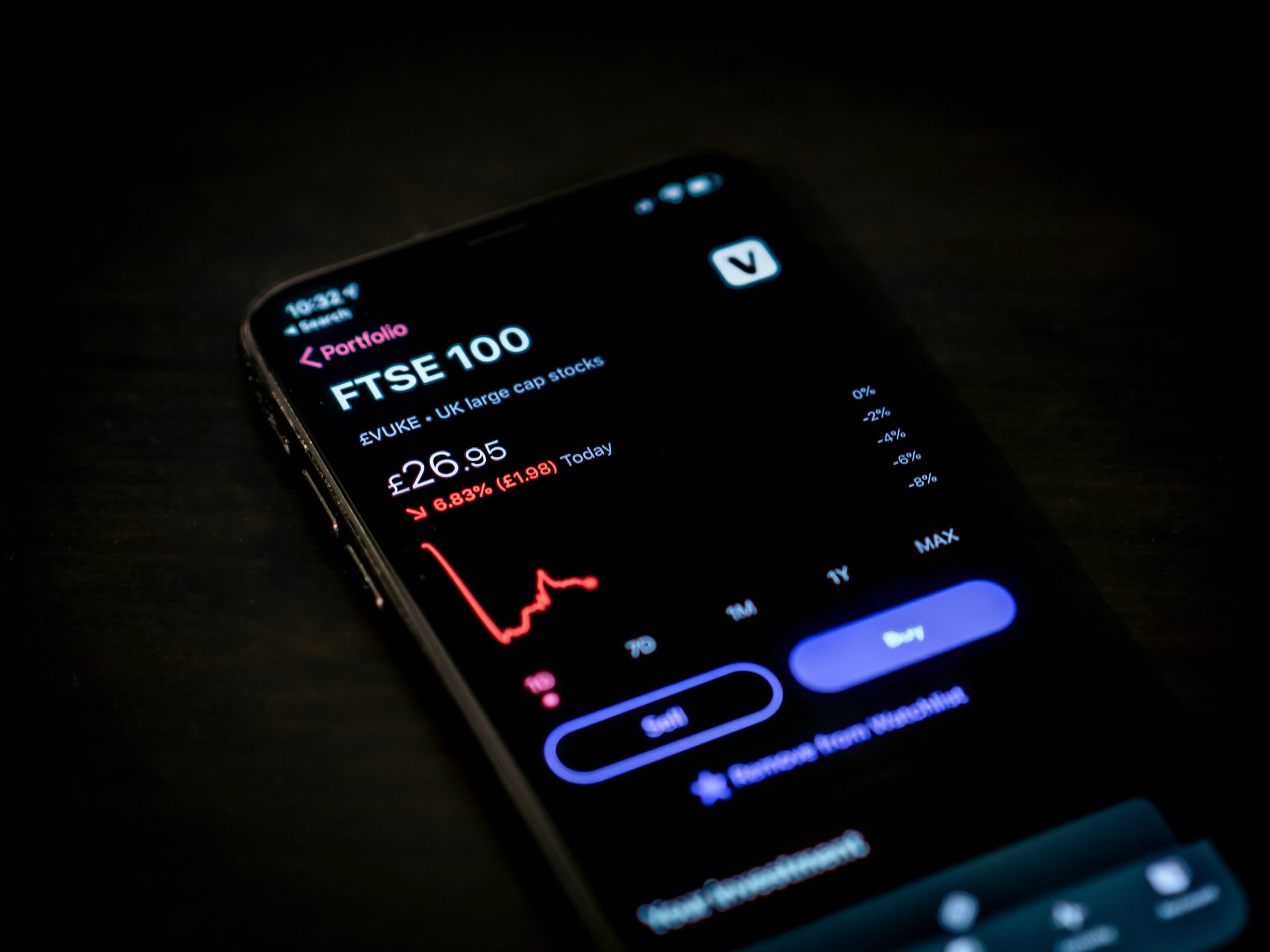Preparing For A Stock Market Crash- What You Need To Know
So you’re worried about what will happen to your investments if there is a stock market crash? Maybe the fear of a stock market crash is holding you back from investing completely?
If you are not equipped or prepared for such a situation, you might not even start investing. But if you are an investor, you may panic and make rash decisions that could devastate your investment portfolio. Don’t worry; the purpose of this post is to share some key tips and advice that will help ensure you are prepared for the next time the stock market takes a tumble. Or if this is holding you back from investing, why this is not a reason not to invest.
A stock market crash is when the stock market experiences a massive decline, and share prices fall drastically. A stock market crash can be caused by several things, such as an economic downturn or, more recently, a global pandemic. Fear strikes through investment markets, and investors can make extremely irrational and emotional decisions as a result.
Some common stock market crashes that you may have heard of include the dot.com crash of the nineties, the financial crisis of 2008-09, and, as mentioned, the COVID-19 pandemic stock market crash. Each of these events led to sharp drops in the stock market.
Think of the stock market as a weighing machine. If more people want to sell than there are people who want to buy, prices will come down and vice versa.
But what steps can we take to ensure we are psychologically prepared? That’s what I’ll be answering in this post. As you can see from my previous post on investing for beginners, I am an ETF investor with exposure to the global stock market. As a result, the content within this post may come across as slightly biased toward this type of investing, but a lot will be applicable for all types of investors.
How To Prepare For A Stock Market Crash (For Long Term Investors)
As I mentioned, stock market crashes can cause widespread fear and panic amongst all investors, but there are some key things you can do to prepare yourself. Imagine logging into your investing account and seeing minus 50% in big red text (or even -40%, -30%, etc). This has happened in the past and is sure to happen again in the future. So what is the main thing people get wrong, and how can we prepare ourselves?
Not panicking and selling your investments
This is the biggest mistake investors make if their investments take a bit of a nosedive! They panic and sell some or all of their investments as the fear of seeing them going down further is too much. This is not an easy situation to react calmly to; seeing hundreds or even thousands disappear is a painful and terrifying prospect. So, how can we mentally prepare for this?

You must remind yourself of your investing objectives- are you a short-term or long-term investor? Why did you get started investing in the first place? Are you investing for the future, say 10 years or more?
These questions will help you take a step back and put some perspective into things. If you don’t plan on touching your investments for over 10 years from now, then it is likely that the stock market crash is irrelevant to you! Why? Research by MFS shows that throughout history, where there has been a stock market crash, recoveries have taken place after declines and investors in it for the long-term have been the winners. This is simply because they have stayed the course and not made irrational decisions.
Let’s take the 1929 great depression as an example; the US stock market dropped 79%, but recovered in four years. The COVID-19 outbreak led to a crash of 20%, but it recovered in four months back to pre-crash levels. If I was caught up in the mayhem, sold for a 20% loss and then saw the markets rush back up a few months later, I’d have felt awful.
So, if you were a long-term investor during these crashes, would it have mattered much in the grand scheme of things? Not really. It would hurt to see the numbers falling, but history shows that stock markets do recover, which indicates that staying the course benefits investors, especially those who think over the long term.
Try not to let all of the irrational and emotional temptations drive you to make decisions that you could regret. You have not technically lost anything until you actually press sell on your investing platform and physically are returned with less than you put in.
Panicking and selling all of your investments could be something you come to regret later down the line. Take a step back, consider how long you plan to invest, what your objectives are, and then make a decision.
Let’s consider my personal investment portfolio- I know that I am investing for the future, 20-30 years from now. If the stock market drops by 50% tomorrow, I am okay with that. Taking a step back and reminding myself of my goals and purpose will be fundamental to keeping cool and not being irrational. I believe that my investments will perform well over the long term, and I won’t let a stock market crash ruin everything I have planned! Staying invested and ignoring the noise will be critical for me.
This may not be the right thing for you; we are all at different stages and have different goals and objectives. This is what I am thinking from my perspective as a long-term investor, it is not financial advice; your situation and viewpoint may be different to mine. As such, please seek the advice of a qualified financial advisor should you need tailored advice for your specific circumstances. This post is purely educational.
Are Your Investments Aligned With Your Goals?
When there is a stock market crash, it presents a great opportunity to reflect on whether your investments align with your goals. It is important to reflect on what you want to achieve from your investments and whether what you have in place supports this.
For me personally, I am investing now for the future of my family and hopefully future generations to come. I know that the time horizon I am investing for is probably a minimum of 25-30 years. At the same time, I recognise that I do not have the ability or time to choose individual companies or stocks. I also don’t want to pay needless fees to invest because I want to keep as much of my hard-earned money as possible. But I want to invest my money somehow.
So, is there an investment out there that can help me to build wealth over the long term, allow me to apply a ‘set and forget’ mindset, and put in minimal work and effort? That’s what I need to support my goals.
That’s why I have chosen to invest in the global stock market through one simple ETF. I have exposure to over 3000 companies. My investments will grow with patience but also at the same rate as the global stock market, and I pay a tiny fee. This is what aligns with my objectives and goals, but yours may be different to mine. I am not by any means saying this is the best type of investment; I have outlined the different types of investments and their key considerations in my previous post.
So what will I do if there is a stock market crash tomorrow and my portfolio gets cut in half?
Absolutely nothing! I know what my goals are, I know what I need to do to achieve them, and I don’t want any irrational or emotional decisions to get in the way of this. My investing journey is long-term, so any action I take should consider this.
This, of course, is not a recommendation to choose ETFs as your way to invest. One of the reasons I have chosen to invest in a fund or ETF that tracks the performance of the global stock market is diversification. I am quite literally invested in all sorts of different sectors and companies (admittedly in different proportions). I have spread my risk across different companies across the globe. So, if the US market plummets, I still have investments in Europe and Asia. Whilst we can’t avoid a stock market crash forever, we can invest in the world, which spreads our risk. But always consider your own circumstances before making an investment decision.
Is There A Buying Opportunity During A Stock Market Crash?
This is such a tough one to answer. Psychologically, you may panic and want to sell, but someone on the opposite side of the coin may see a stock market crash as a buying opportunity. Some may just not do anything. As a long-term investor, here are some considerations.
I buy the ETF I invest into each month without fail; the price right now is kind of irrelevant. I am looking out 20-30 years from now.
But, let’s say the price of the ETF is £100 today, and I invested £500 in February, I would get 5 shares. But after 2 weeks, there was hypothetically a stock market crash, causing a 50% decline in the value of my ETF. It would be priced at £50 now. In March, I would invest the same amount (£500), but the benefit is that I would get 10 shares as the price is £50 this month and not £100. I have been able to buy more at a lower price this month. If in five years the stock market has recovered and is above pre-crash levels, my gain (if I did nothing else) will be bigger because I bought some shares at a lower price (the £50 I mentioned). This is a very simplistic example, but it offers food for thought for when there is a stock market crash.
Ignore The Noise
Ignore the commentary of the news and all the people panicking- this will add fuel to the fire. Blocking out the noise will help you avoid any self-doubt coming to your mind. No decision is the right or wrong one, but letting all of the noise and commentary from others mess with your plan and goals could tempt you to make irrational decisions. So, take a step back and remember your why.
Only Invest What You Can Afford To Lose
Investing has tremendous potential to build wealth for you, your family, and generations to come. The power of compound interest is scary. But remember, life is all about balance; spending money on ourselves to enjoy life is so important for our well-being.
I have the mindset that anything I invest into the stock market, I am willing to lose if things get bad. Obviously, I don’t want to lose all of my money, but applying this mindset has helped me to achieve balance in my life. I invest for the future but only what I can afford to, whilst still enjoying myself. For me, I am not willing to sacrifice experiences and holidays for the sake of investing, so I plan for this too.
I’ve gone off on a bit of a tangent here, but by only investing what I can afford to lose, it also means that if there is a stock market crash, you are psychologically prepared (partly). You hopefully have other things in place to help, such as an emergency fund!
Final Thoughts
So, a stock market crash might not be the worst thing for a long-term investor, right? But not having the knowledge or mental preparation can lead to irrational and emotional decisions.
Take a step back and remember your purpose for investing. A stock market crash will warrant different reactions for someone looking to retire in a year vs someone with 20-30 years ahead of them.
Stock markets have historically been proven to recover following a crash, so a decision made in the heat of a crash could be damaging for a long-term investor. Ignoring the noise, reviewing your objectives, and only investing what you can afford to lose are good things to consider and help prepare yourself psychologically in the event of a stock market crash.

